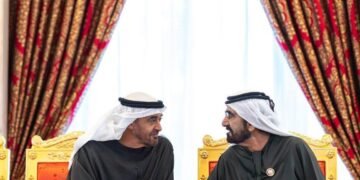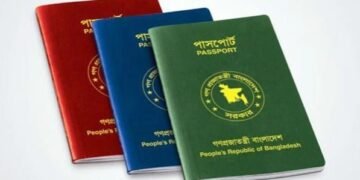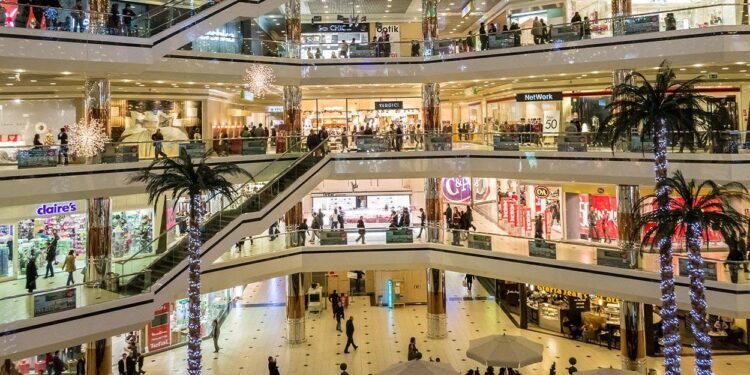Fake goods market is estimated to be valued at $2-3 trillion, impacting companies and individuals
Counterfeit goods are a global challenge, especially for countries that are major trading hubs.
The UAE also sees goods worth billions of dollars being imported into the country and exported and re-exported worldwide yearly. The government has implemented stringent measures and legislation to ensure that no counterfeit goods are passing through the UAE borders.
It is estimated that the counterfeit goods market is valued at $2-3 trillion, impacting companies and individuals.
In the UAE, it is the moral responsibility of the residents to report counterfeit goods to the Economic Crimes Section at the UAE Ministry of Interior, containing information about the counterfeit goods and the circumstances of their discovery, said Mahmood Shakir Al Mashhadani, senior associate, Galadari Advocates and Legal Consultants.
If large volumes of counterfeit goods are found in warehouses or containers, the goods will be seized and moved to an alternative storage facility.
“The accused is responsible for any costs relating to storage, transportation, and disposal of the seized goods,” he said, adding that complainants have the right to file civil lawsuits once the criminal judgement has been finalised and claim compensation for the damages.
Moreover, in some cases, a court-appointed expert may estimate losses, and a consultancy report can support damages claims. The plaintiff may also make his own report with an external expert and submit it to the court.
Penalties
Al Mashhadani added that penalties for possessing and selling counterfeit goods are at the court’s discretion, including fines, confiscation, destruction, imprisonment and deportation.
He explained that Article 49 of Federal Decree Law No. 36 of 2021 on Trademarks imposes severe penalties, including imprisonment and a fine of no less than Dh100,000 and not more than Dh1 million, or either of these two.
These penalties will be levied for forging a trademark that was registered in accordance with the provisions of this Decree-Law or counterfeiting a trademark in a way that leads to confusing the public, whether, in respect of the goods or services distinguished by the original trademark or those that are similar thereto, he said.
The violators will also be subject to the penalty for knowingly using a forged or counterfeit trademark for commercial purposes and knowingly importing or exporting goods bearing a forged or counterfeit Trademark, among others.
Al Mashhadani added that the accused is responsible for providing evidence of their lack of knowledge about the counterfeit nature of the goods or informing the exporter.
Source: Khaleej Times









































































